Vaccination Protocols for Racing Pigeons
The in depth Guide to Vaccination Protocols for Racing Pigeons
Racing pigeons are elite athletes, and just like any competitive racer, their health and endurance are critical to their success. One of the most crucial steps in maintaining their well-being is implementing a proper vaccination protocol. Vaccinating your pigeons helps protect them from deadly diseases, boosts their immune system, and ensures they perform at their highest level.
In this guide, we will cover the essential vaccination protocols, the most common diseases to vaccinate against, and best practices to keep your pigeons in top condition.
Why Vaccination is Critical for Racing Pigeons
Pigeons are highly social birds that frequently interact with others during races, training, and breeding. This close contact increases the risk of disease transmission, which can weaken performance, cause outbreaks, and even lead to fatalities.
Vaccination provides:
- Disease Prevention: Reduces the risk of viral and bacterial infections.
- Stronger Immunity: Prepares the immune system to fight off infections efficiently.
- Consistent Performance: Keeps pigeons in peak condition for training and competition.
- Longevity & Breeding Success: Ensures a healthier breeding stock for future generations.
Key Diseases & Vaccination Protocols for Racing Pigeons
1. Paramyxovirus (PMV)
What is PMV? Paramyxovirus (PMV-1) is one of the most devastating viral diseases in pigeons, leading to neurological symptoms, diarrhea, and high mortality rates. It spreads through droppings and secretions, making it highly contagious.
Vaccination Protocol:
- First Dose: At 4-5 weeks old
- Booster: 4 weeks after the first dose
- Annual Revaccination: Before the racing and breeding season
2. Pigeon Pox
What is Pigeon Pox? Pigeon Pox is a viral disease transmitted through mosquito bites and direct contact. It causes wart-like lesions on the skin, particularly around the beak, eyes, and feet, affecting breathing and feeding.
Vaccination Protocol:
- First Dose: At 6-8 weeks old
- Booster: Annual revaccination before the racing season
- Method: Wing-web stab technique
3. Salmonella (Paratyphoid)
What is Salmonella? Salmonella (Paratyphoid) is a bacterial infection that affects the intestines, liver, joints, and reproductive organs, leading to weight loss, lameness, and sudden death in young pigeons.
Vaccination Protocol:
- First Dose: At 8-10 weeks old
- Booster: 3 weeks after the first dose
- Annual Revaccination: Recommended for high-risk lofts
4. Rotavirus & Adenovirus
What is Rotavirus & Adenovirus? These viruses attack the digestive system, causing severe diarrhea, dehydration, and weakness, which significantly impairs performance.
Vaccination Protocol:
- First Dose: At 6 weeks old
- Booster: After 4 weeks
- Annual Revaccination: Before the racing season
5. E. Coli
What is E. Coli? E. Coli is a bacterial infection that leads to severe digestive issues, causing diarrhea, weakness, and a drop in racing performance.
Vaccination Protocol:
- First Dose: At 7-9 weeks old
- Booster: 3 weeks later
- Annual Revaccination: As needed in problem lofts
Best Practices for Effective Vaccination
To maximize the benefits of vaccinations, follow these best practices:
1. Follow the Correct Dosage & Schedule
Each vaccine has a specific timeline for administration. Missing doses or delaying revaccination can leave pigeons vulnerable to infections.
2. Use Sterile Equipment
Always use clean syringes and needles for each pigeon to prevent cross-contamination.
3. Store Vaccines Properly
- Keep vaccines refrigerated (2-8°C) but never frozen.
- Shake well before use (if required).
- Check expiration dates and discard expired vaccines.
4. Quarantine New Birds
Before introducing new pigeons to your loft, quarantine them for at least 21 days and vaccinate them if necessary.
5. Combine Vaccination with Good Loft Management
Vaccines work best in a clean, well-ventilated loft with a balanced diet and proper biosecurity measures.
FAQs About Pigeon Vaccination
Q: Can I vaccinate a sick pigeon?
No. Always vaccinate healthy pigeons to ensure their immune system responds effectively.
Q: How long does it take for a vaccine to be effective?
Most vaccines take about 10-14 days to build full immunity, so plan vaccinations before the racing season.
Q: Can I mix different vaccines together?
No. Each vaccine has a different formula and should be administered separately to avoid negative interactions.
Conclusion
A well-planned vaccination protocol is crucial for protecting your racing pigeons from deadly diseases and optimizing their performance. By following a strict vaccination schedule, practicing good loft management, and ensuring proper nutrition, you can help your pigeons achieve their full racing potential.
Ensure your loft is well-prepared this season by implementing these vaccination strategies. A healthy pigeon is a winning pigeon!
Start your vaccination plan today and give your birds the best chance at success!
“Until Next tine Keep Them Healthy And Flying”

